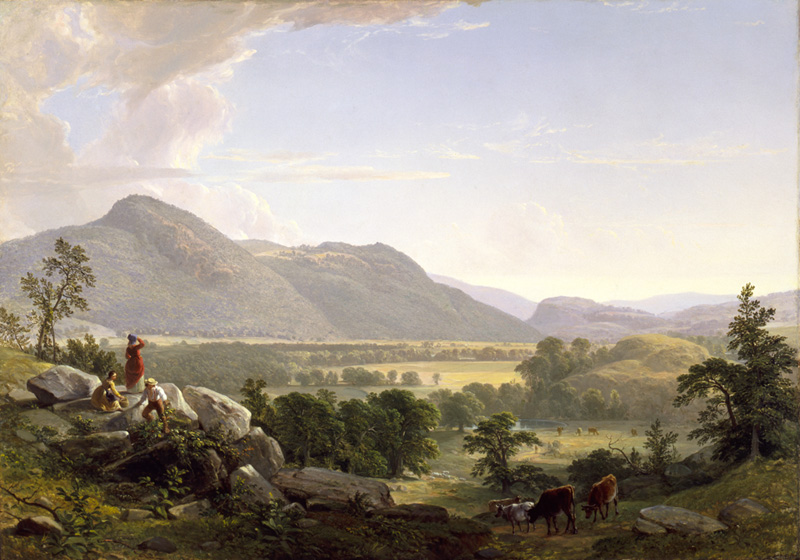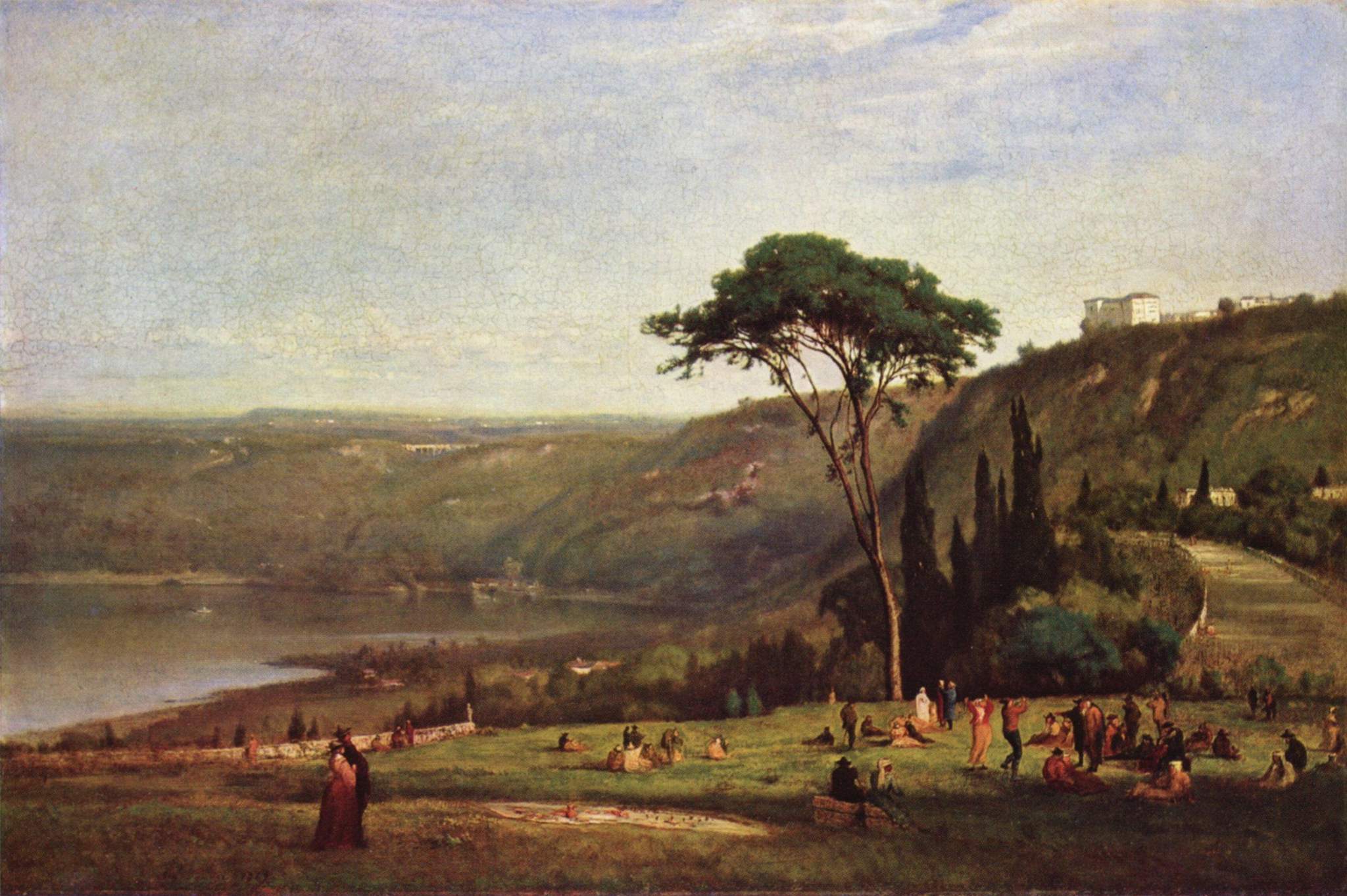


No related resources
Introduction
“Centinel” was the pseudonym used by Samuel Bryan (1759–1821) of Pennsylvania for twenty-four articles that were printed in the Philadelphia Independent Gazetteer and the Philadelphia Freeman’s Journal between October 5, 1787, and November 4, 1788. Bryan held various positions in the Pennsylvania government and eventually became the leader of the state’s Constitution Party, a group ardently devoted to defending Pennsylvania’s unicameral legislature. Bryan also served as a clerk on the Council of Censors, whose task was to supervise infractions of the state’s constitution by its sitting government. It was this very institution that Publius criticized in Federalist 48 for its feeble “parchment barrier” protecting the separation of powers.
While Bryan explicitly criticized John Adams’ Thoughts on Government, in this essay, he also provided an interesting rebuttal to Publius’ case for checks and balances in Federalist 51. Publius derided the parchment barrier approach as naïve because it failed to take into account the danger of majority rule and the vices of self-interest. Bryan did not deny that written constitutions are easily transgressed, but he rejected Publius’ solution for two reasons. First, he argued that the cultivation of republican virtue and self-restraint is the only true defense against the encroachment of power. Second, Bryan believed civic virtue to be superior to any ingeniously designed system of checks and balances because it is more democratic. Checks and balances place the burden of government in the hands of a few elite engineers, while civic virtue places the responsibility for good government on the people. Motivated by the principles that guided his career in Pennsylvania, Bryan feared that the proposed constitution would create an aristocracy that would subvert democratic government in states like his own Pennsylvania.
“Centinel I,” in Herbert J. Storing, ed., The Complete Anti-Federalist, vol. 2 (Chicago: University of Chicago Press, 1981), 136–143.
To the Freemen of Pennsylvania
. . .The late Convention have submitted to your consideration a plan of a new federal government. The subject is highly interesting to your future welfare. Whether it be calculated to promote the great ends of civil society, viz. the happiness and prosperity of the community, it behooves you well to consider, uninfluenced by the authority of names. Instead of that frenzy of enthusiasm that has actuated the citizens of Philadelphia, in their approbation of the proposed plan, before it was possible that it could be the result of a rational investigation into its principles; it ought to be dispassionately and deliberately examined, and its own intrinsic merit the only criterion of your patronage. If ever free and unbiased discussion was proper or necessary, it is on such an occasion. All the blessings of liberty and the dearest privileges of freemen are now at stake and dependent on your present conduct. Those who are competent to the task of developing the principles of government ought to be encouraged to come forward, and thereby the better enable the people to make a proper judgment; for the science of government is so abstruse, that few are able to judge for themselves; without such assistance the people are too apt to yield an implicit assent to the opinions of those characters, whose abilities are held in the highest esteem, and to those in whose integrity and patriotism they can confide; not considering that the love of domination is generally in proportion to talents, abilities, and superior acquirements; and that the men of the greatest purity of intention may be made instruments of despotism in the hands of the artful and designing. If it were not for the stability and attachment which time and habit give to forms of government it would be in the power of the enlightened and aspiring few, if they should combine, at any time to destroy the best establishments, and even make the people the instruments of their own subjugation. . . .
I am fearful that the principles of government inculcated in Mr. [John] Adams’ treatise, and enforced in the numerous essays and paragraphs in the newspapers, have misled some well designing members of the late Convention.1 But it will appear in the sequel that the construction of the proposed plan of government is infinitely more extravagant.
I have been anxiously expecting that some enlightened patriot would, ere this, have taken up the pen to expose the futility, and counteract the baneful tendency of such principles. Mr. Adams’ sine qua non2 of a good government is three balancing powers, whose repelling qualities are to produce an equilibrium of interests, and thereby promote the happiness of the whole community.3 He asserts that the administrators of every government will ever be actuated by views of private interest and ambition, to the prejudice of the public good; that therefore the only effectual method to secure the rights of the people and promote their welfare is to create an opposition of interests between the members of two distinct bodies, in the exercise of the powers of government, and balanced by those of a third. This hypothesis supposes human wisdom competent to the task of instituting three coequal orders in government, and a corresponding weight in the community to enable them respectively to exercise their several parts, and whose views and interests should be so distinct as to prevent a coalition of any two of them for the destruction of the third. Mr. Adams, although he has traced the constitution of every form of government that ever existed, as far as history affords materials, has not been able to adduce a single instance of such a government; he indeed says that the British constitution is such in theory, but this is rather a confirmation that his principles are chimerical and not to be reduced to practice. If such an organization of power were practicable, how long would it continue? not a day—for there is so great a disparity in the talents, wisdom, and industry of mankind that the scale would presently preponderate to one or the other body, and with every accession of power the means of further increase would be greatly extended. The state of society in England is much more favorable to such a scheme of government than that of America. There they have a powerful hereditary nobility, and real distinctions of rank and interests; but even there, for want of that perfect equality of power and distinction of interests in the three orders of government, they exist but in name; the only operative and efficient check, upon the conduct of administration is the sense of the people at large.
Suppose a government could be formed and supported on such principles, would it answer the great purposes of civil society; if the administrators of every government are actuated by views of private interest and ambition, how is the welfare and happiness of the community to be the result of such jarring adverse interests?
Therefore, as different orders in government will not produce the good of the whole, we must recur to other principles. I believe it will be found that the form of government which holds those entrusted with power, in the greatest responsibility to their constituents, the best calculated for freemen. A republican, or free government can only exist where the body of the people are virtuous, and where property is pretty equally divided; in such a government the people are the sovereign and their sense or opinion is the criterion of every public measure; for when this ceases to be the case, the nature of the government is changed, and an aristocracy, monarchy, or despotism will rise on its ruin. The highest responsibility is to be attained in a simple structure of government, for the great body of the people never steadily attend to the operations of government, and for want of due information are liable to be imposed on. If you complicate the plan by various orders, the people will be perplexed and divided in their sentiments about the source of abuses or misconduct, some will impute it to the senate, others to the house of representatives, and so on, that the interposition of the people may be rendered imperfect or perhaps wholly abortive. But if, imitating the constitution of Pennsylvania, you vest all the legislative power in one body of men (separating the executive and judicial) elected for a short period, and necessarily excluded by rotation from permanency, and guarded from precipitancy and surprise by delays imposed on its proceedings, you will create the most perfect responsibility, for then, whenever the people feel a grievance they cannot mistake the authors, and will apply the remedy with certainty and effect, discarding them at the next election. This tie of responsibility will obviate all the dangers apprehended from a single legislature, and will the best secure the rights of the people. . . .
- 1. John Adams, Thoughts on Government, April 1776
- 2. A Latin phrase meaning “without which not”; that is, the essential requirement of something.
- 3. In Thoughts on Government, Adams’ main purpose was to rebut Thomas Paine’s call for a unicameral legislative assembly. Paine regarded the unicameral legislature as better suited to a republic because it allowed for an unmediated expression of popular will in the legislature, whereas Adams regarded this version of republicanism as a threat to individual liberty and political stability. As a defender of Pennsylvania’s original constitution and its unicameral legislature, Bryan sided with Paine’s version of republicanism.
James Wilson’s State House Speech
October 6, 1787
Conversation-based seminars for collegial PD, one-day and multi-day seminars, graduate credit seminars (MA degree), online and in-person.

















































































































































































































![Finley, A. (1829) Pennsylvania. Philada. [Map] Retrieved from the Library of Congress, https://www.loc.gov/item/98688548/.](/content/uploads/2024/02/Map-of-PA--273x190.jpg)


































































































































































































